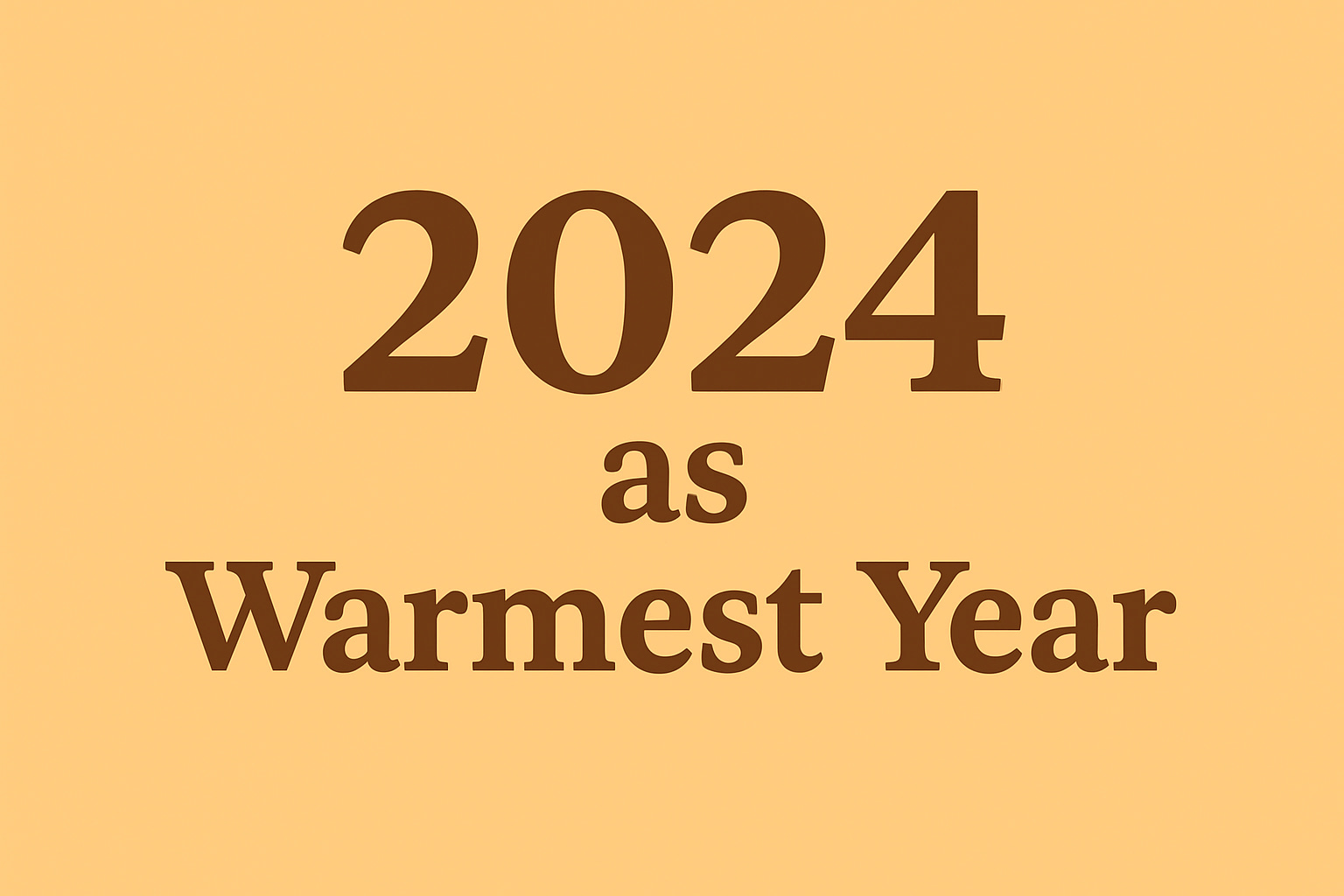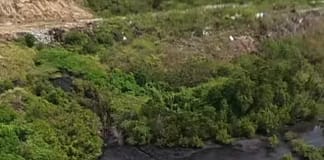
Caribbean climate scientists, led by researchers from The University of the West Indies (The UWI), have confirmed that 2024 was the warmest year on record for the region since measurements began in 1950.
The findings are detailed in the 2024 State of the Climate report published by the American Meteorological Society. The report, which tracks global climate conditions each year warns of record-breaking ocean heat, the highest sea levels ever observed, and extreme weather events that caused major damage and loss of life. Widely regarded as the world’s annual climate “health check,” the State of the Climate provides a critical resource for scientists, policymakers, and the public in understanding and responding to the realities of climate change.
The Caribbean section was authored by five UWI experts in collaboration with the Caribbean Institute for Meteorology and Hydrology (CIMH) and the Meteorological Service of Jamaica. It highlights the region’s average annual temperature of 26.81°C—0.84°C above the 1991–2020 average and confirms that both the December–February and March–May periods also set seasonal records.
The data points to a year marked by heat but also by extreme weather. 2024 ranked as the eighth wettest year since 1950, with average rainfall at 114 percent of normal levels. Severe droughts occurred between March and May in parts of the eastern Caribbean, while hurricanes and floods brought destruction later in the year. Among the most devastating was Hurricane Beryl, the earliest Category 5 Atlantic hurricane on record, which impacted Barbados, Grenada, St. Vincent and the Grenadines, and Jamaica, leaving over US$1.4 billion in damages and multiple fatalities.
Lead Caribbean author, Professor Tannecia Stephenson, Deputy Dean, Faculty of Science & Technology, UWI Mona, is also internationally recognised for her contributions to the United Nations’ Intergovernmental Panel on Climate Change (IPCC) Sixth Assessment Report. She noted the importance of the findings: “These findings go beyond record numbers, it’s a scientific record of how climate change is unfolding in our islands, shaping our future and underpins the urgent need for ‘now’ solutions. Small island developing states are at the forefront advocating for drastic reductions in greenhouse gas emissions so Caribbean scientists are very committed to contributing to these global climate analysis efforts. The data is critical and should urge us toward more proactive actions and strategic collaborations for global and regional responses to climate change.”
Also on the team responsible for analysis and reporting for the Caribbean chapter was Professor Michael Taylor, Professor of Climate Science and Dean, Faculty of Science & Technology, UWI Mona; climate scientists in the Department of Physics, UWI Mona – Dr. Leonardo Clarke, Dr. Jayaka Campbell and Ms. Candice Charlton. The team collaborated with Dr. Cedric Van Meerbeck and Mr. Adrian Trotman of CIMH, also Adjunct Lecturers at The UWI Cave Hill Campus.
Advertise with the mоѕt vіѕіtеd nеwѕ ѕіtе іn Antigua!
We offer fully customizable and flexible digital marketing packages.
Contact us at [email protected]
















